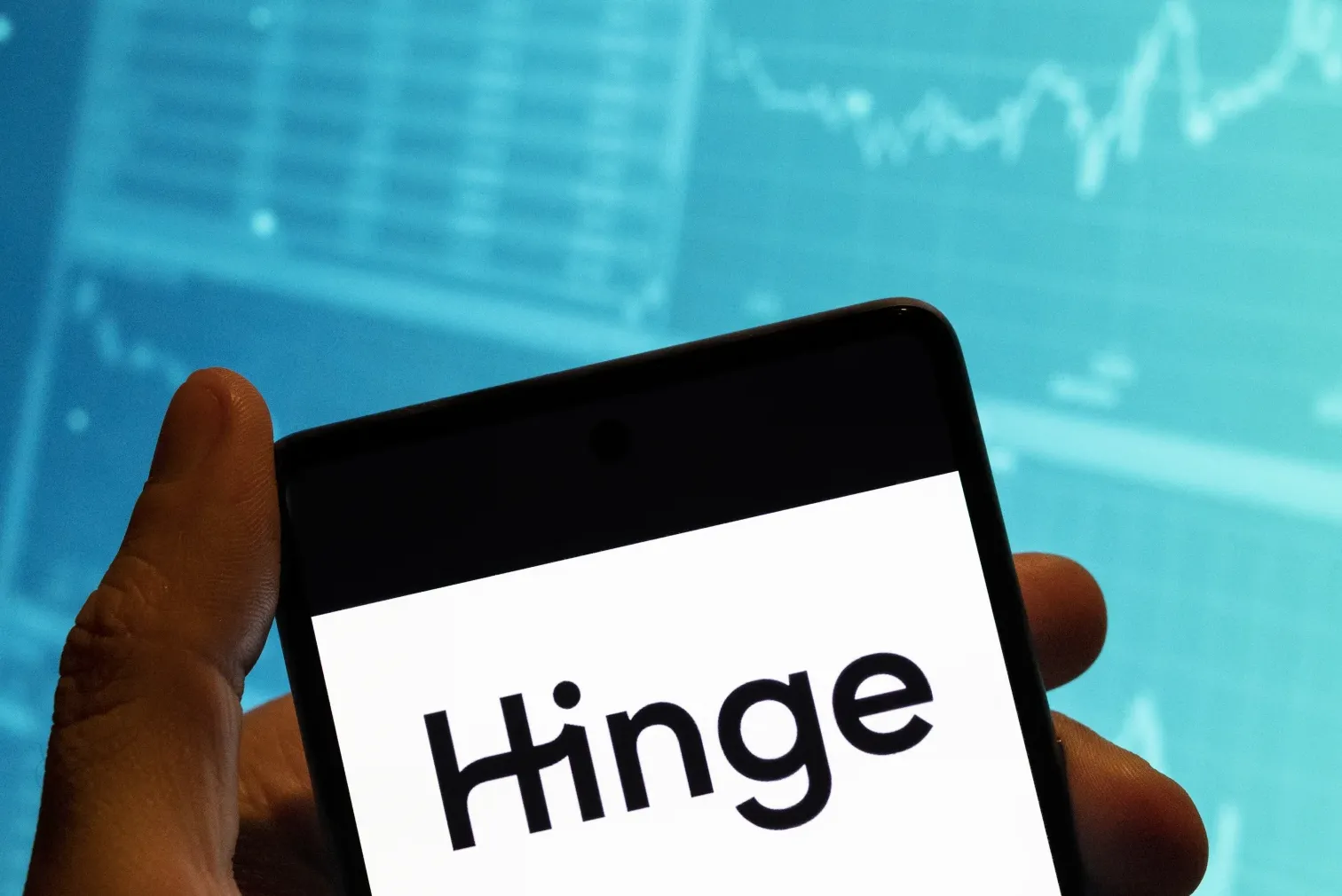Tinder discontinuing use of background check tool
Match Group, the dating app conglomerate, will no longer be using the background-checking tool provided by Garbo to ensure safety for Tinder users. Garbo, a non-profit organization founded by Kathryn Kosmides, will be discontinuing its consumer tool by the end of August. Kosmides expressed her belief that many tech companies only view trust and safety as a public relations strategy, and she would rather redirect Garbo’s focus towards other initiatives rather than compromising its vision for the sake of corporate marketing objectives.
A spokesperson for Match Group provided a statement to ReturnByte. “Match Group has made significant investments to improve the security of our platforms in recent years, and we will continue to do so. We’ve created tools and investments that no other dating app offers, from features like ‘Are you sure?’ and ‘Does this bother you?’, to background checks.We’re committed to continually investing in and building industry-leading features that give users more information and control over who they want to connect with on our platforms.
The company suggests that it is currently looking for a replacement partner to check the history of violence. “While we are disappointed that we were unable to reach an agreement, we are in advanced discussions with alternative service providers and will be announcing a new partnership soon,” the spokesperson wrote.

Kosmides told the WSJ that Garbo’s decision to discontinue the tool was due to disagreements with Match Group and difficulties in getting platforms to pay for their services. He described the struggles within Match Group’s brands to make the tool work.
Tinder executives are said to be pushing for a system that would encourage users to run background checks on themselves in order to get a badge on their profile, described as “a way to engage those who are less likely to run [background checks] themselves (mainly men) and to emphasize that most people are good,” an internal document seen by the WSJ reads .Garbo rejected the idea, and Kosmides told the paper, “You can’t whitelist someone or give them ‘good guy, bad’ identity verification.
Public and government interest in dating app security rose in 2019 when ProPublica published a widely circulated story about sex offenders using dating apps. A spokesperson for Match Group was quoted in a story to Columbia Journalism Investigations: “There are definitely registered sex offenders in our free products.” Rather, it led to increased scrutiny on Capitol Hill. In 2020, U.S. Reps. Jan Schakowsky (D-IL) and Ann Kuster (D-NH) sent a letter to Match Group inquiring about protecting users from registered sex offenders. In July, the couple sent a follow-up letter stating that the dating company would no longer disclose the size of its trust and security team.
Increased public and political interest increased the pressure on Match Group to do something, and its management reportedly saw Garbo – a new and untested product still under development at the time – as a novel solution. The dating company announced a $1.5 million partnership with the group in 2021 and launched a consumer tool the following year — the company paid to offer two free background searches to Tinder users. Some criticized the move for providing a false sense of security, although Match Group cautioned that it does not see it as an all-in-one fix.
This summer, after Match Group and Garbo couldn’t agree on funding terms, the latter’s board met and voted to end the tool. Garbo, who also cooperated with smaller companies, says that he will go back to volunteering from September 1st. The organization says it will “focus our efforts on new ways to directly empower individuals with new and innovative tools to protect themselves from gender-based violence and other interpersonal harms in the digital age.”
Undaunted by its central mission, it adds, “We also plan to continue aggressively reforming the criminal justice and public record systems to protect victims and hold bad actors accountable.”




